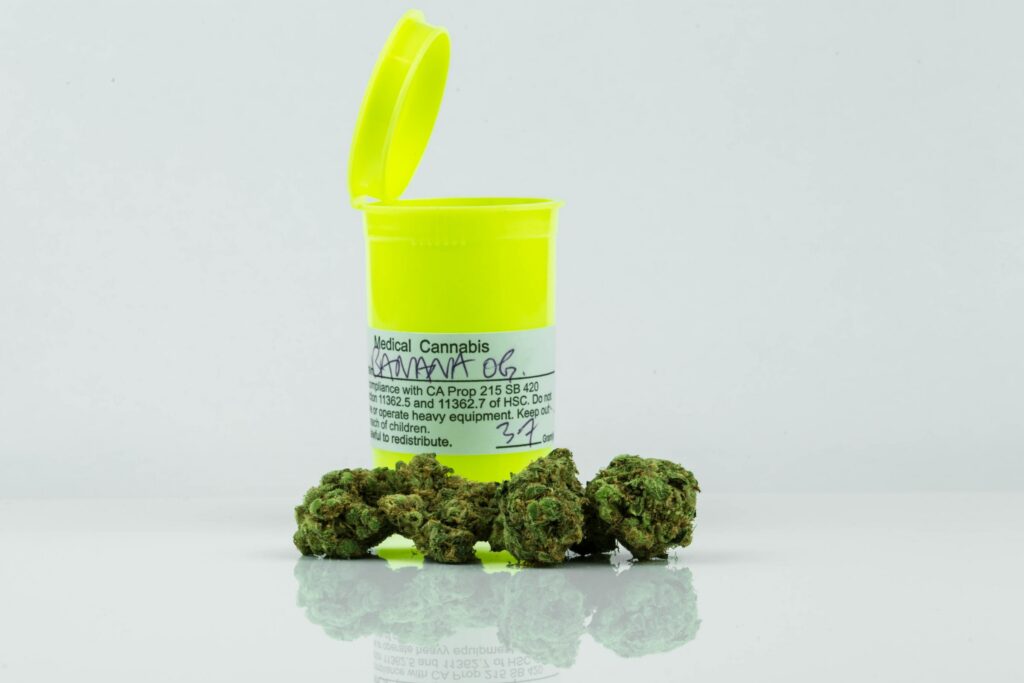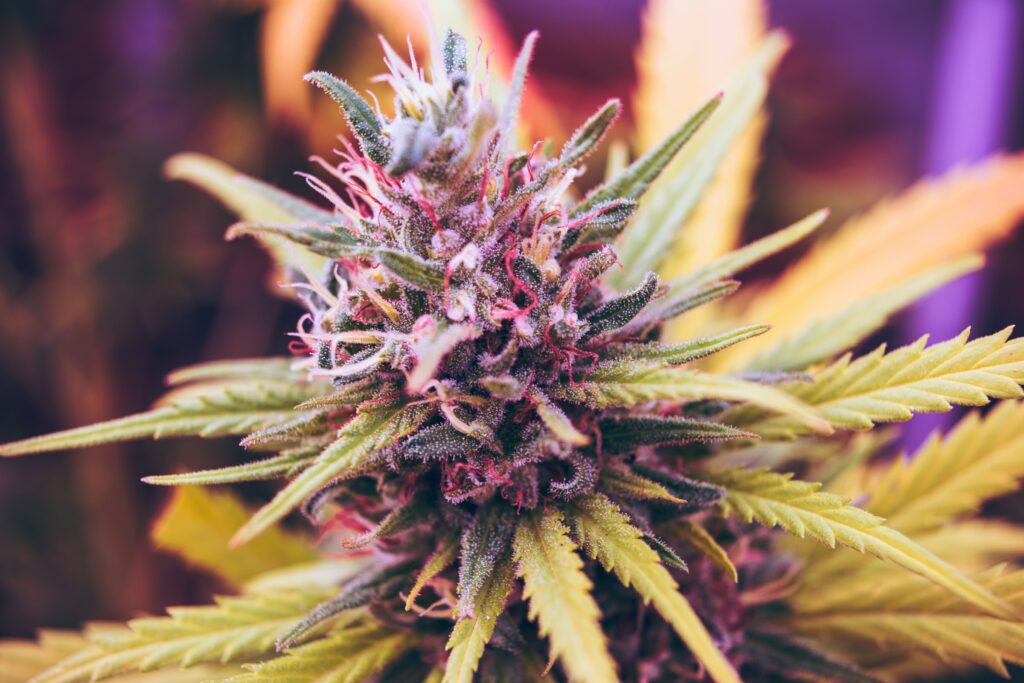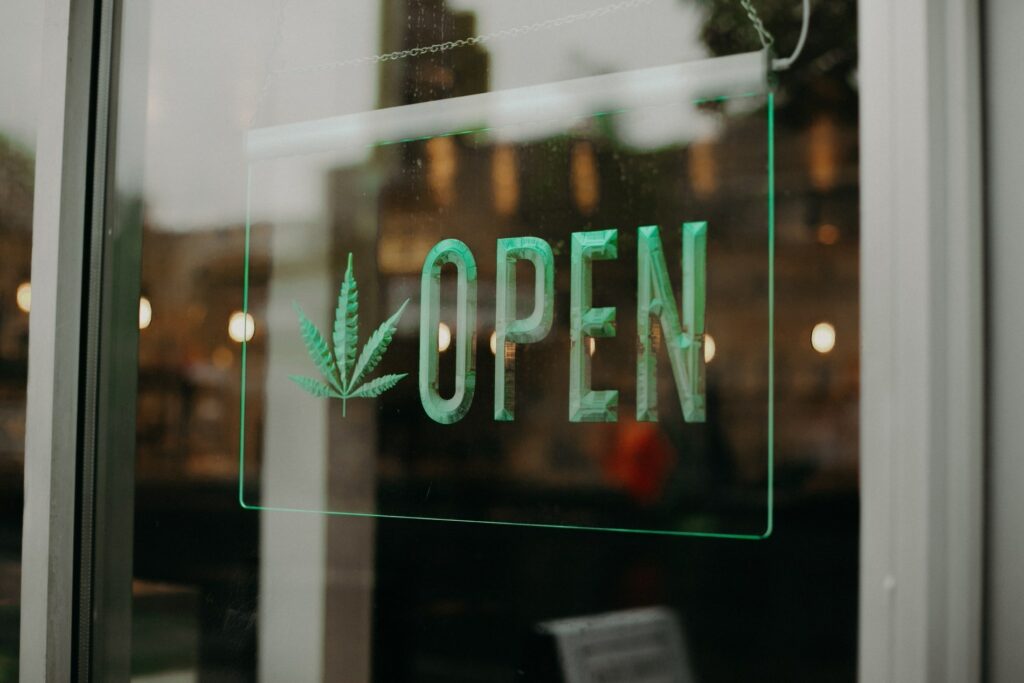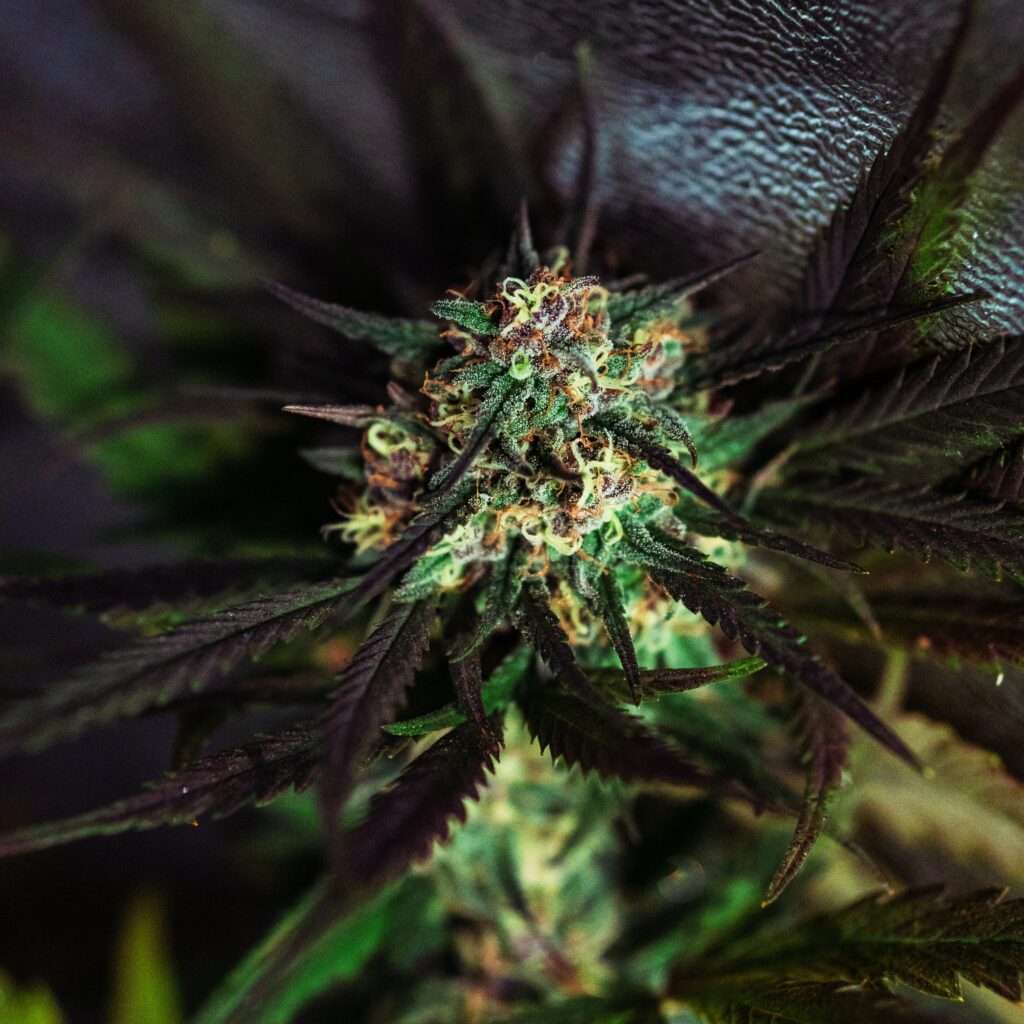Understanding Medical Marijuana

Cannabis is used for both medicinal and recreational purposes because of the chemical compounds that occur naturally in the plant. In particular, medical marijuana is prescribed by doctors to alleviate symptoms and treat certain diseases and conditions.
In the US, every state manages its laws independently with regards to cannabis cultivation, selling, possession, and its use for medical application. States that run their own programs for medical marijuana allow patients (with a valid medical card) to have more leeway in the number of plants they can grow, the amount of cannabis they can purchase, and they allow more access to higher potency products.
Conditions that qualify for medical marijuana use
While states have varying lists of health conditions that qualify for the use of medical marijuana, these are typically approved as the most common ailments. Different strains and doses are prescribed depending on the symptoms that need to be treated, which could be nausea, appetite loss, fatigue, pain, insomnia, stress, inflammation, depression, and improving cognitive function:
- AIDS/HIV
- Cancer
- Cachexia
- Epilepsy
- Multiple sclerosis (MS)
- Nausea
- Neurodegenerative diseases
- Pain
- Post-traumatic stress disorder (PTSD)
Advantages of a medical marijuana card
With the legalization of recreational cannabis progressing, is it really worth the trouble to get a medical marijuana card and visit a doctor to prescribe your cannabis use? Surely, it’s easier for a patient to walk into a legal cannabis store with a valid ID to make a purchase?
Actually, the trouble is worth it for patients to stick to the medical marijuana program. With a medical card, you get more benefits than recreational users.
- Lower costs and taxes are a big advantage. Those who depend on cannabis for health issues can buy products at lower rates when compared to the price of recreational cannabis. On top of that, medical marijuana patients get concessions on the retail and excise tax. So, having a medical card makes healthcare costs much more affordable.
- Access to higher potency limits (where states allow it). Dosage is key to treating conditions and, in most cases, patients need higher THC levels in a single purchase. Recreational cannabis stores need to adhere to the laws that regulate potency limits per sale.
- Fewer restrictions on cultivating your own. Although this varies from state to state, many jurisdictions with medical marijuana programs allow cardholders to grow more cannabis plants than what is allowed for recreational users.
Buying medical cannabis in legal states
Although cannabis laws differ across the states, the process of getting a medical cannabis card is generally the same. If you want to use cannabis to treat a health condition, use the tips below to guide you through the process.
Applying for a medical card
Firstly, you need to be a resident in the state that offers a legal medical marijuana program. Check if your health condition is eligible for cannabis use in your state or visit your doctor to discuss marijuana treatment options.
If you are eligible and your doctor is willing to prescribe cannabis medication, then you can start applying for your medical card. If your doctor is not comfortable prescribing marijuana, you can get a referral to a medical practitioner who can authorize it.
With medical approval, you can then apply in person at your state’s medical marijuana program office to get your medical card. You will need the doctor’s recommendation, a valid form identity, and proof of residency. You will also need to have your photo taken at the program office and pay an application fee.
Going to a cannabis dispensary
Do a bit of local research to find recommended medical cannabis dispensaries. Even if you need to visit different stores at first, you will eventually find a dispensary that appeals to you. It’s important that the staff are friendly and helpful, so you don’t feel uncomfortable about the experience. With each and every visit to a cannabis dispensary, you need to have your medical card with you. Most of the time, the dispensary has to verify your card regardless if you’ve been there before. Some states with legal marijuana programs will allow the use of out-of-state cards but you will need to check this before traveling.
It is also useful to learn about the different strains, products, dosing, and also delivery methods offered in your area. We are all responsible for our own health, so knowing everything you can about treating your condition is the first step to responsible healthcare.






Responses